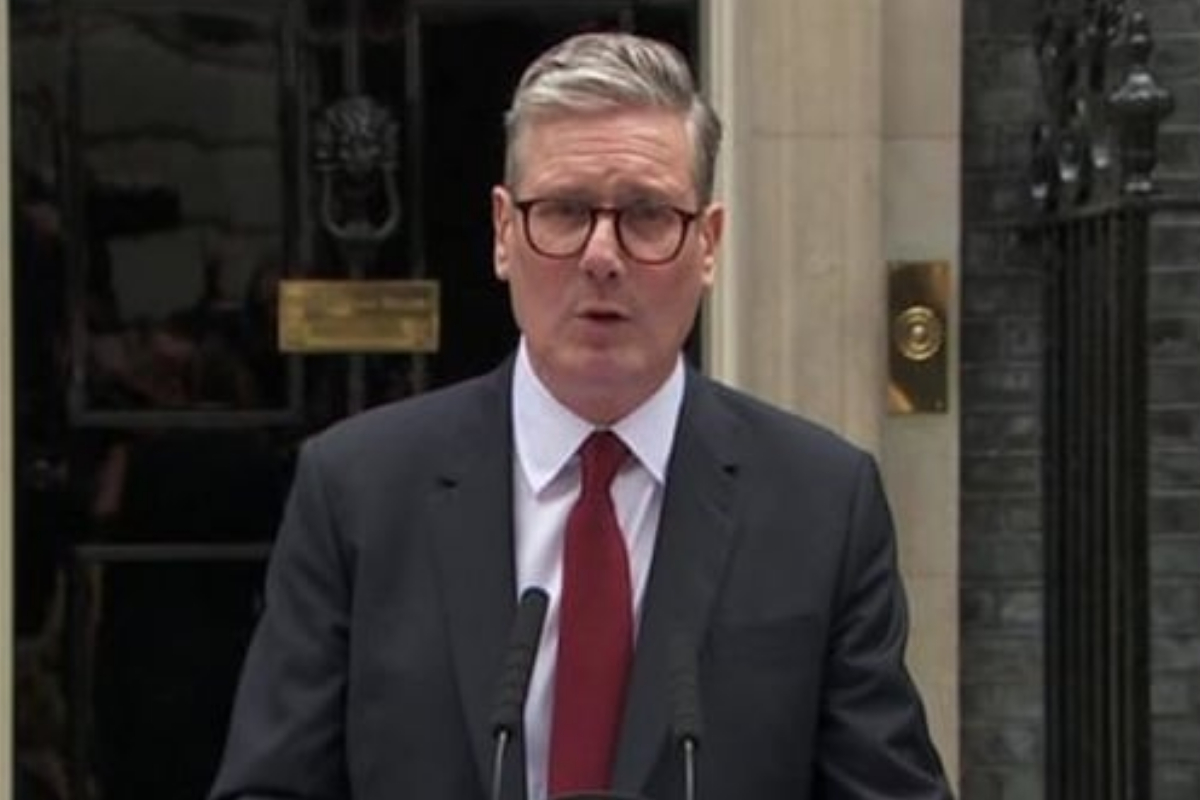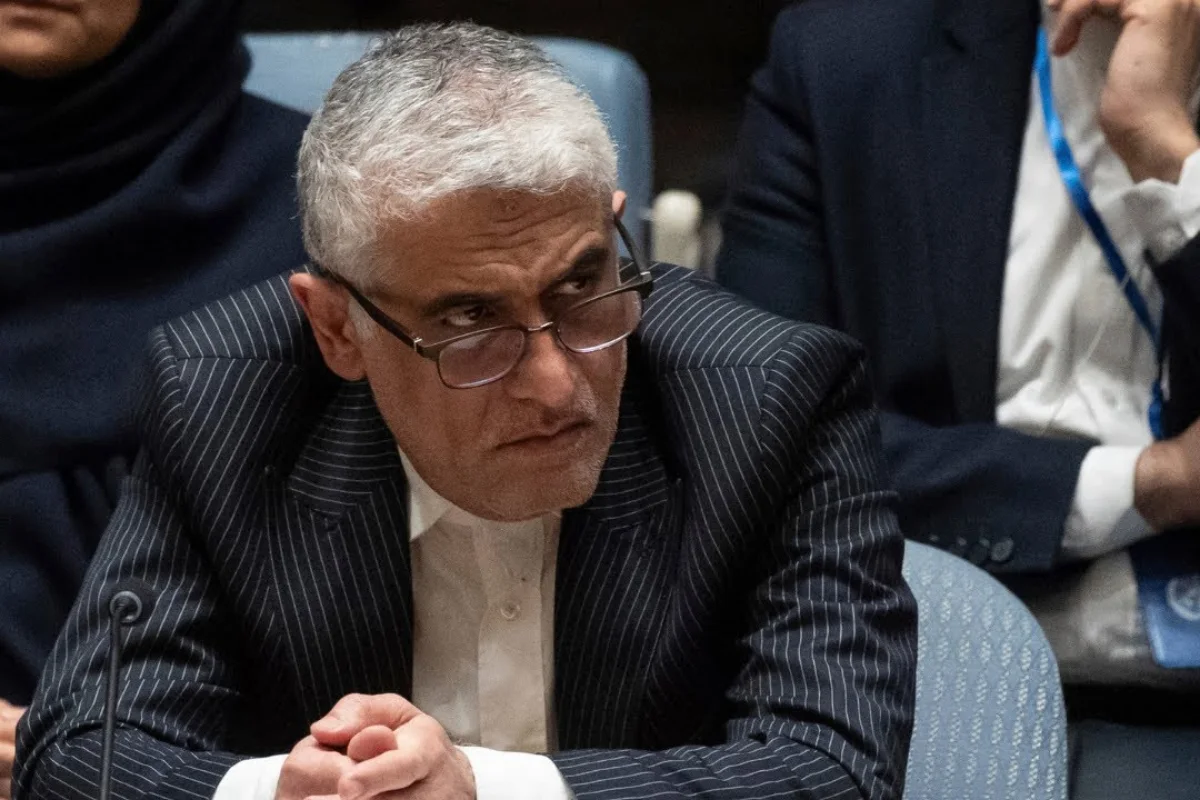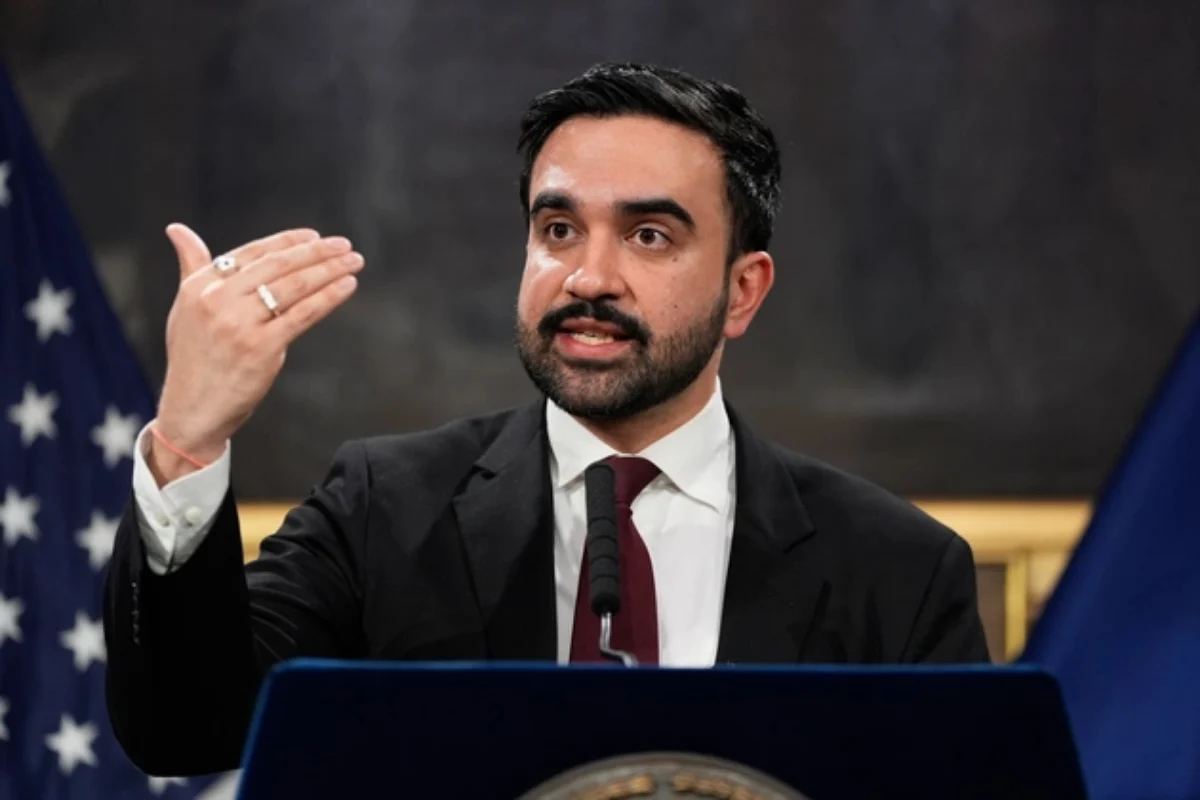Britain to Introduce Mandatory Digital IDs for Workers

Britain to Introduce Mandatory Digital IDs for Workers
The British government announced on Friday plans to introduce a mandatory digital ID scheme for all citizens and residents starting a new job, aiming to curb illegal immigration.
Prime Minister Keir Starmer said the initiative would make it more difficult to work illegally in the UK and strengthen border security. “It will make it tougher to work illegally in this country, making our borders more secure,” he stated.
Immigration remains a top concern for British voters, and Starmer has faced growing pressure to prevent migrants from crossing the Channel from France in small boats.
The plan, previously under consideration, has faced criticism from political opponents who argue that it will not deter illegal migration and could infringe on civil liberties.
A spokesperson for Nigel Farage’s Reform UK Party, which currently leads opinion polls ahead of the next election in 2029, dismissed the proposal. “It’s laughable that those already breaking immigration law will suddenly comply, or that digital IDs will have any impact on illegal work, which thrives on cash-in-hand payments. All it will do is impinge further on the freedoms of law-abiding Brits,” the spokesperson said.
According to the government, the digital ID would be stored on mobile phones and would become a mandatory part of employer checks by the end of the current parliament in 2029. Over time, the ID could also provide access to other services, including childcare, welfare, and tax records.
This is not the first attempt to introduce identity documentation in the UK. In the 2000s, Starmer’s Labour Party, then under Tony Blair, tried to introduce identity cards, but the plan was scrapped by Blair’s successor, Gordon Brown, following opposition over civil liberties concerns. Since their abolition after World War Two, Britons have relied on other official documents, such as passports and driving licences, to verify their identity.
The proposal also faced strong opposition from Irish nationalist politicians in Northern Ireland, where many hold Irish passports and British symbols remain contentious. Northern Ireland First Minister Michelle O’Neill, leader of Sinn Féin in the region, described the plan as “ludicrous and ill-thought out” and an “attack on the Good Friday Agreement and on the rights of Irish citizens in the North of Ireland.”
Read More: Indian Pharma Stocks Drop After Trump Announces 100% Tariff on Branded Drugs
Catch all the World News, Breaking News Event and Trending News Updates on GTV News
Join Our Whatsapp Channel GTV Whatsapp Official Channel to get the Daily News Update & Follow us on Google News.










